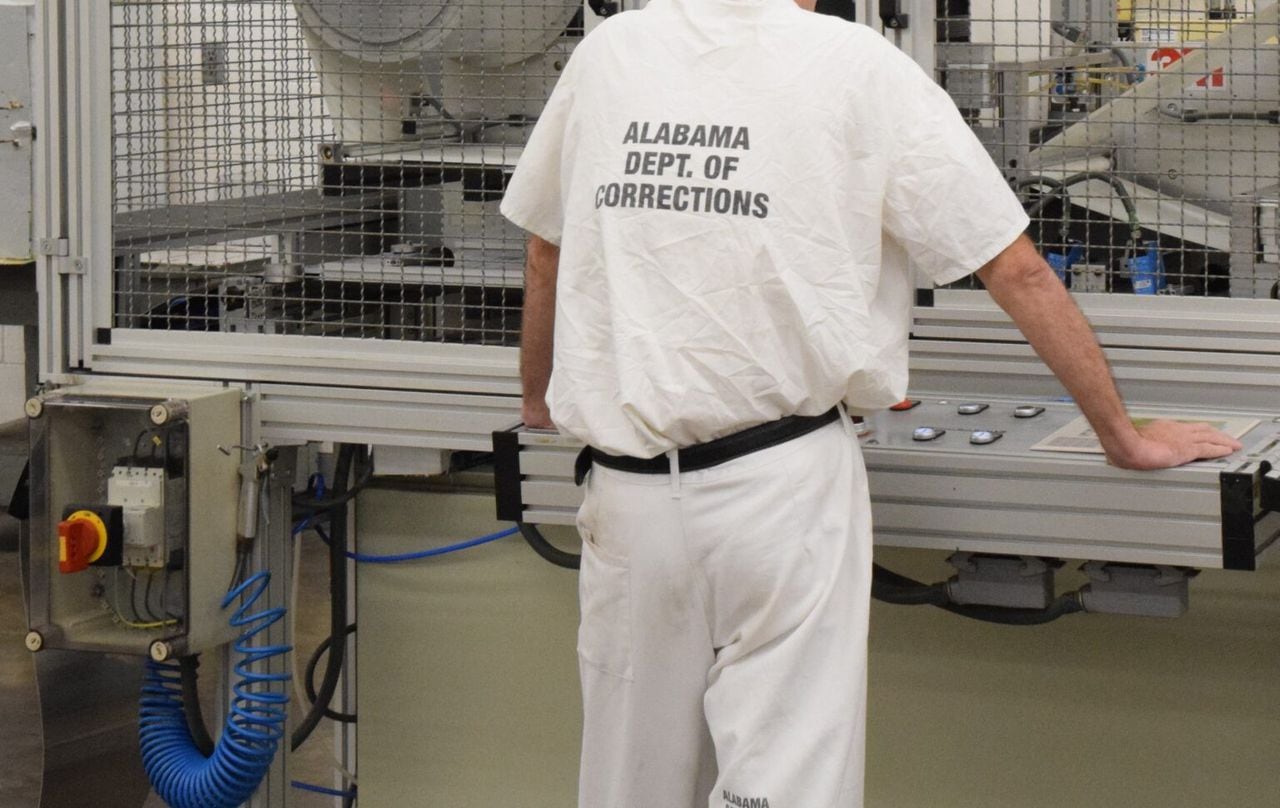Alabama prison inmate fast food slave labor allegations are headed to court
A federal court has set a Feb. 8 hearing on a lawsuit accusing Alabama state prisons of using slave labor.
The hearing will take up a motion from the plaintiffs — current and former inmates in Alabama’s prison system; unions and civil rights organizations — for a preliminary injunction against the Alabama Department of Corrections.
Plaintiffs want an injunction to end Alabama’s current practice of “forced [prison] labor;” release individuals qualified for parole; require the state to pay the plaintiffs what they earn through working in the prison system, as well as monetary damages to be determined at trial.
The lawsuit alleges that Alabama prison labor is sustained by punishing those who refuse to work or those who encourage other prisoners to refuse to work.
The lawsuit also accuses public and private entities, ranging from local governments to fast food restaurants and grocery stores, of benefitting from the labor.
Barbara Jane Chisholm, lead attorney for plaintiffs, said at a conference hearing on Tuesday that they may request witness testimony, based on the state’s response to the lawsuit, due in court by Jan. 22.
“Part of that determination. is going to be easier to make based on whatever the defendants file on the 22nd,” Chisholm said.
State counsel objected to having live witnesses, saying issues raised in the motion for a preliminary injunction could be resolved by the state’s response brief.
“But we have no objection to a hearing for oral argument on the written submissions,” said Brad Chynoweth, counsel for Gov. Kay Ivey and Alabama Attorney General Steve Marshall.
Chynoweth also said that they will also be “raising a number of immunity and standing and jurisdictional issues” that would need to be decided before requiring Ivey or Marshall to testify.
The lawsuit also alleged that the state grew these programs by favoring white over Black prisoners in parole decisions for release. It further alleges that the Alabama Board of Pardons and Paroles, which has sharply curtailed parole grants in recent years, has “unlawfully refused to release people from prison and further skewed the racial composition of the incarcerated population by wrongfully denying parole to thousands of Alabamians—and to Black Alabamians in particular.”
The lawsuit alleged the parole board, under directions from Gov. Kay Ivey and Attorney General Steve Marshall, “has unlawfully refused to release people from prison and further skewed the racial composition of the incarcerated population by wrongfully denying parole to thousands of Alabamians—and to Black Alabamians in particular.”
Gary Willford, counsel for the Alabama Bureau of Pardons and Paroles, also argued that Alabama state law prohibits members of the board from “discussing anything that is in a parole file, other than the board’s action sheets.”
